A Fife biotech firm inspired by Scotland’s great inventors has been awarded a multimillion-pound investment to develop a new tool that could aid the worldwide cancer fight.
Pulzar, created by St Andrews Pharmaceutical Technology Limited, uses low energy radio waves to rapidly increase cell protein production.
Working with cancer specialists at Dundee University, the firm discovered the technology was also able to increase yields of monoclonal antibodies, used in a range of lifesaving immunotherapy treatments.
Not only would the technology ensure growing demand for the treatment is met, it could reduce production costs.
Multi-million pound backing for Fife tech
SAPT founder Bill Henry, a graduate of Abertay University, utilised almost 50 years’ of experience gained in the research and pharmaceutical industries to create the patented technology.
Amazingly, the grandfather-of-two, started the business after retiring – but admits he wasn’t ready to hang up his lab coat.
Pulzar gained the backing of two prominent bio-pharmaceutical investors this month, which will move forward with further testing and development, with the hope the technology could soon be utilised globally.
One of the investors, San Francisco-based Claes Glassell, has been named the new chairman of SAPT. The other investor wishes to remain anonymous.
Mr Henry, 69, who has a PHD from Edinburgh University, founded SAPT in 2020 after “retiring”.
Inspired by Scotland’s great inventors
The grandfather-of-two, who was born in Wormit, hopes Pulzar will be “a real Scottish success story”, following in the footsteps of great scientists such as James Clerk Maxwell, who discovered electromagnetic radiation, Alexander Fleming, who discovered penicillin and James Watt, the man behind the steam engine.
He said: “The use of monoclonal antibodies in the treatment of cancer and autoimmune disorders is growing quickly across the globe – so much so there is a lack of capacity in the market and people are missing out on vital treatment.
“My discovery that pulsing low energy, harmless radiowaves into biological cell cultures increases protein production and yields could make a difference.
“If you pulse a particular frequency, the cells think there has been an injury and they need to repair and go into high protein production – which can give up to 50% more product.
“The US investors think this could eventually be worth billions and with their significant investment we can move forward. We have some promising results and are keen to get more evidence.”
SAPT, who work closely with The Antibody Company in Motherwell, also hopes to further explore Pulzar’s possibilities as a direct cancer treatment.
Bill added: “We are absolutely delighted to welcome Claes as chairman of the company and know his vast experience and contacts together with the substantial funding will greatly accelerate our growth over the next 12 months.”
Claes said: “This is one of the most exciting technologies to emerge in many years.
“Pulzar has the potential to be adopted industry wide in the production of Monoclonal Antibodies. This will allow a significant increase in capacity without the need for capital expenditure. I am thrilled to be a part of bringing Pulzar to the market.”
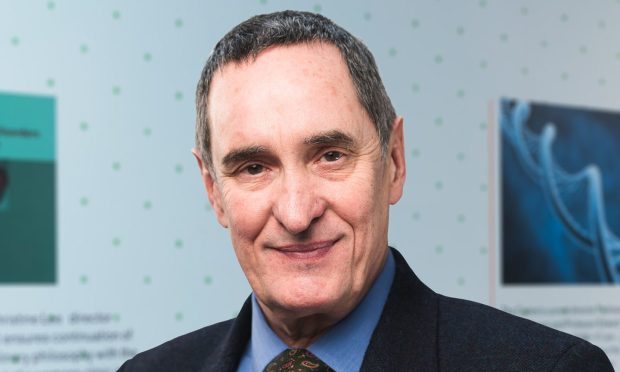

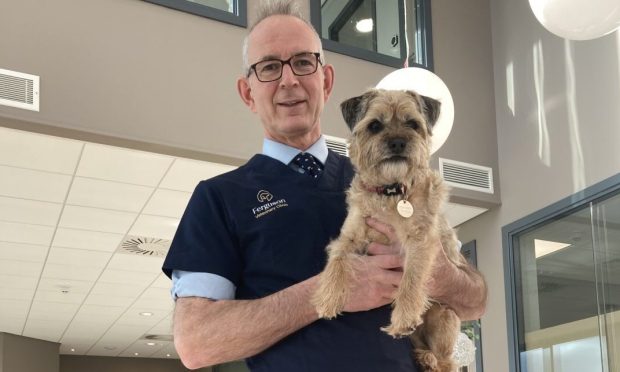



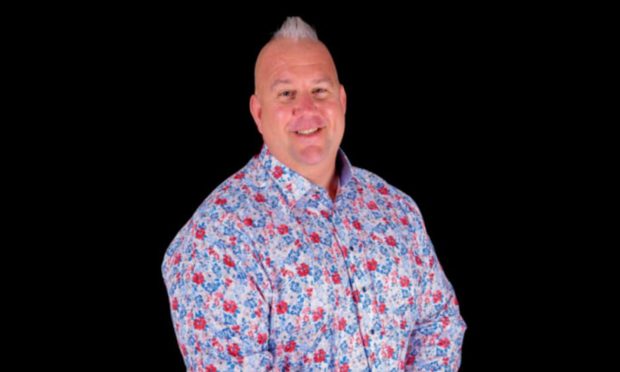
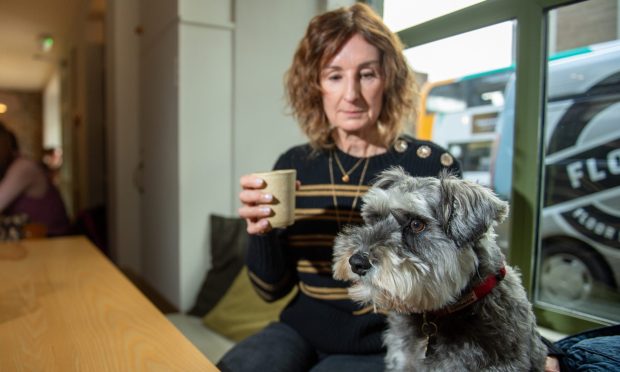

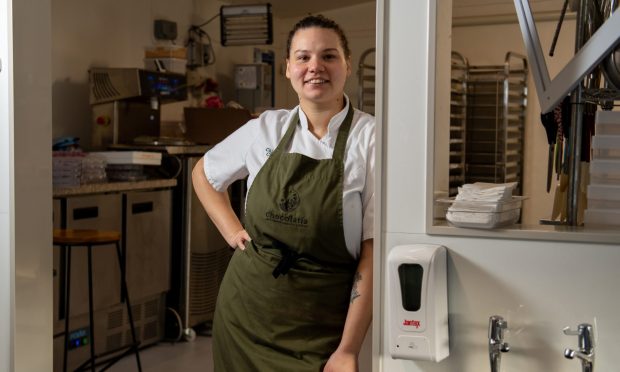

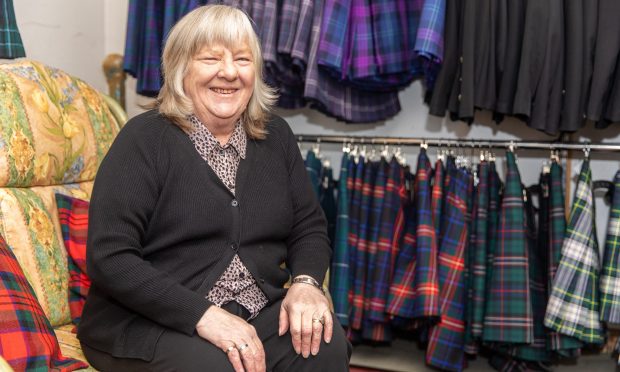
Conversation